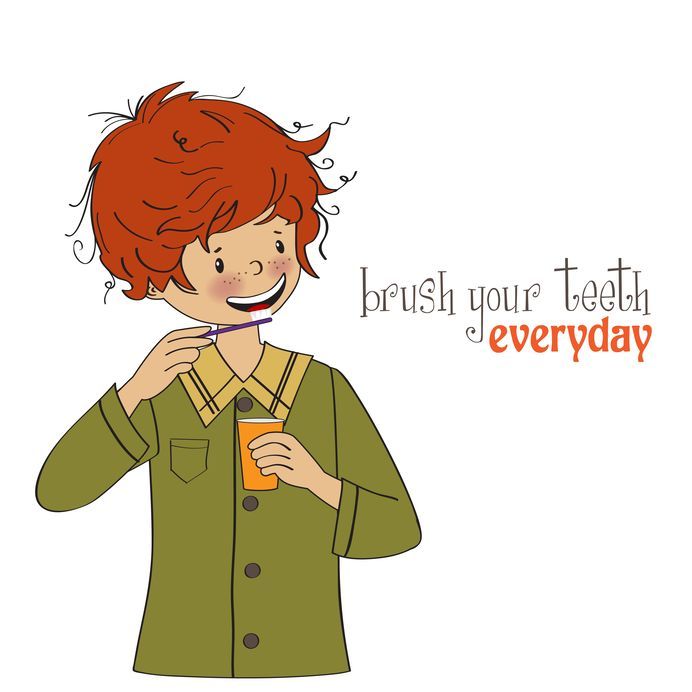How To Have Good Dental Hygiene While Traveling
- By Mary Marks
- •
- 26 Jul, 2019
- •

In the present context, we tend to travel a lot in one year, whether for business or holiday purposes. Regardless of our reasons, it is good to consider some aspects when it comes to our dental hygiene while traveling.
It happens often that we forget our toothbrush at home, or not pay the same attention to oral care when we are busy to deal with our traveling experience. However, constant care of the teeth is important for keeping the enamel strong, removing impurities and bacteria from the oral cavity, but also for having a fresh breath.
Here is what to do to keep your dental hygiene while traveling.
Schedule a visit to the highlands ranch sedation dentistry office before your trip. A detailed examination can identify any problem before causing you trouble during your vacation.
If for some reason you cannot care for your teeth like you do at home, do not panic. Try to use minimal dental hygiene tricks such as rinsing your mouth with water and toothpaste, or chewing a sugar free gum after each meal.
When you get home, resume your tooth care routine: teeth brushing, dental flossing and mouth-washing. You can also schedule a visit to your dentist`s office just to make sure you have not developed any teeth problem during your trip. Prevention is much better than treating, experts say.





Although oral sedation dentistry Highlands Ranch is one of the optionsavailable for managing anxiety and discomfort during oral surgery, you certainly do not need to use it all the time. As a matter of fact, the exact type of sedation or anesthesia that you receive during oral procedures may depend on various factors, such as the complexity of the procedure, your medical problems, as well as your doctor’s preferences.
There can be several different levels of sedation that can be used in oral surgery. Local anesthesia is one of them. This involves injecting anesthetic medication into the specific area where the surgery will take place. It numbs the area and is often used for less invasive procedures.
Oral sedation involves taking medication in the form of a pill to induce a state of relaxation and drowsiness. The patient is still conscious, but he/she may not be fully aware of the procedure. At any rate, sedation helps him/her get rid of anxiety.
In the case of intravenous sedation, medication is administered through a vein, which induces a deeper state of sedation than oral sedation. Patients may still be conscious, but they are less aware of their surroundings and may not remember the procedure.





